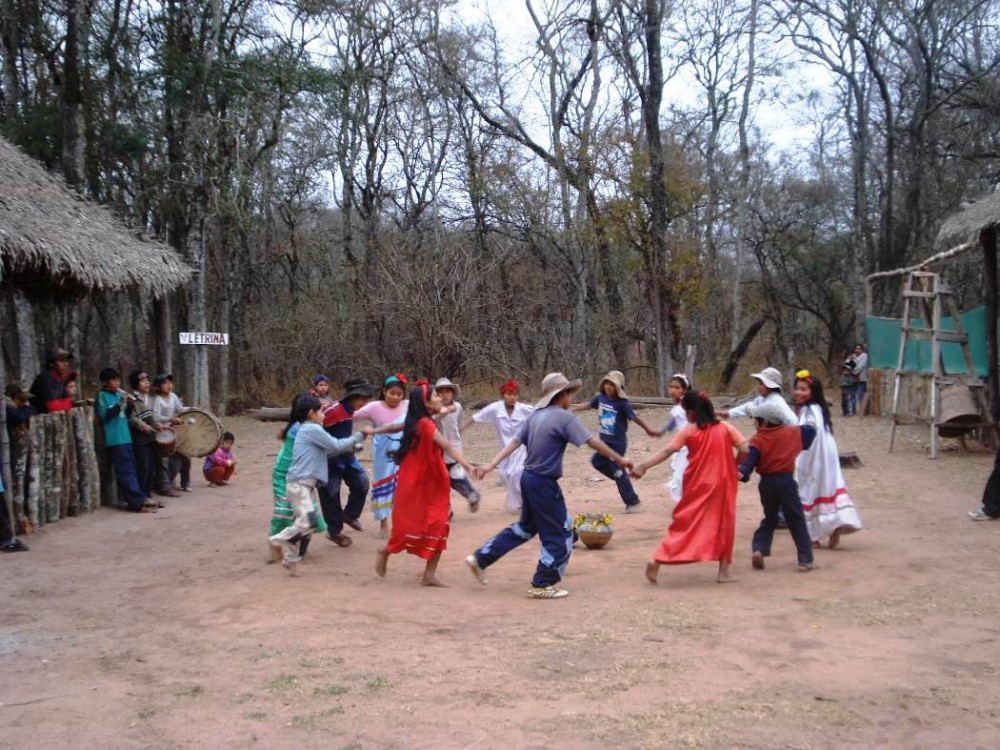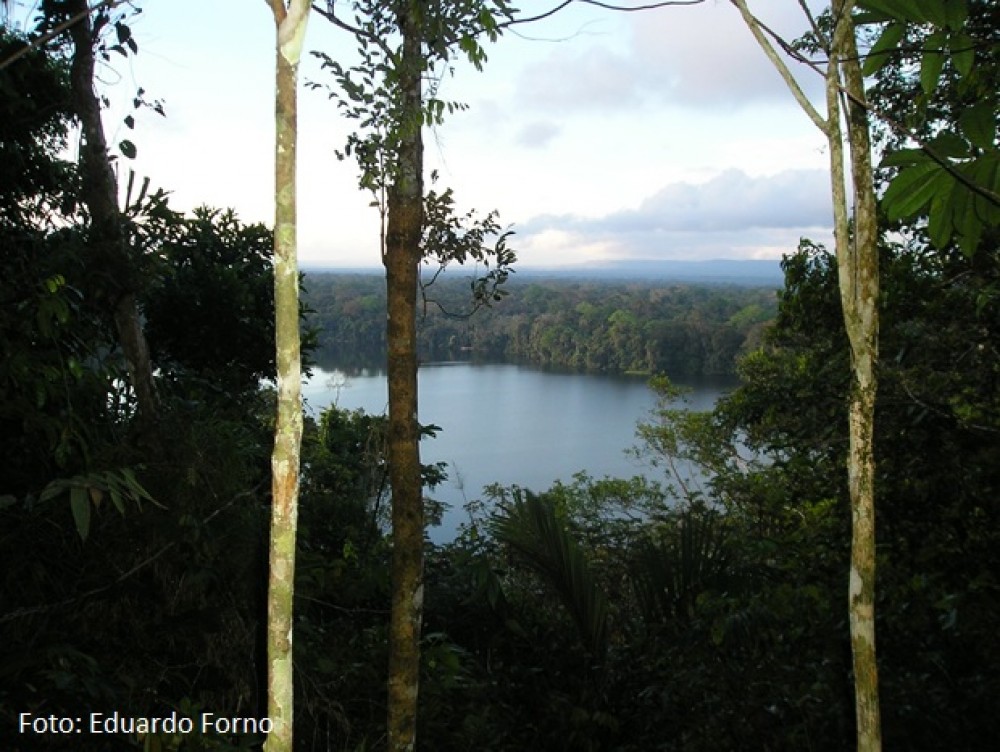Land, conflict, and political process: the case of the Lacandon Community, Chiapas, Mexico (1972–2012)
This contribution analyses how indigenous land disputes have taken place within a political process and the political responses to land tenure disputes. It does so by analysing the case of the Comunidad Zona Lacandona (Lacandon Community; Chiapas, Mexico) and the land tenure disputes in which it has been involved during the period 1972–2012.




